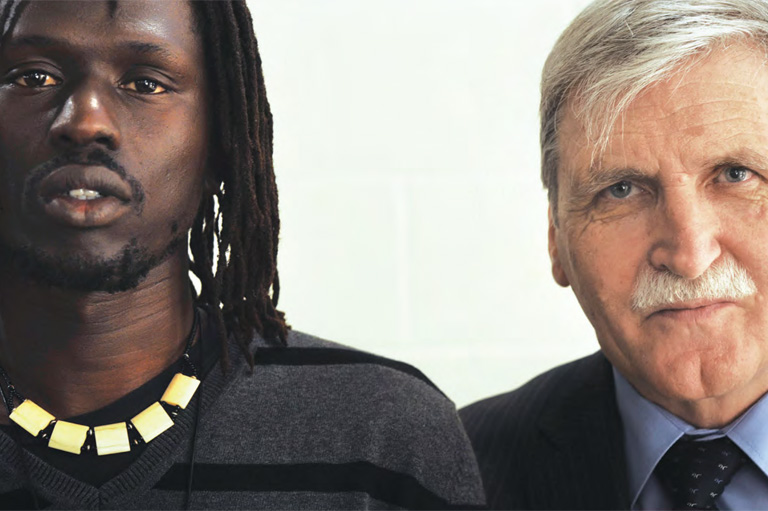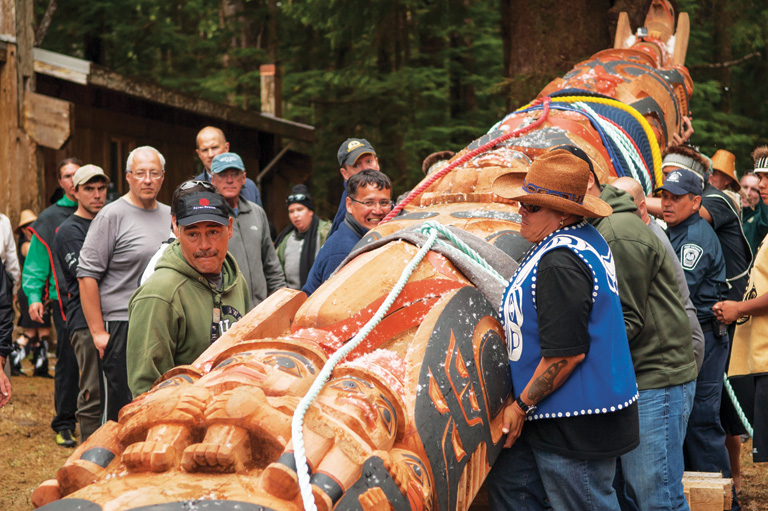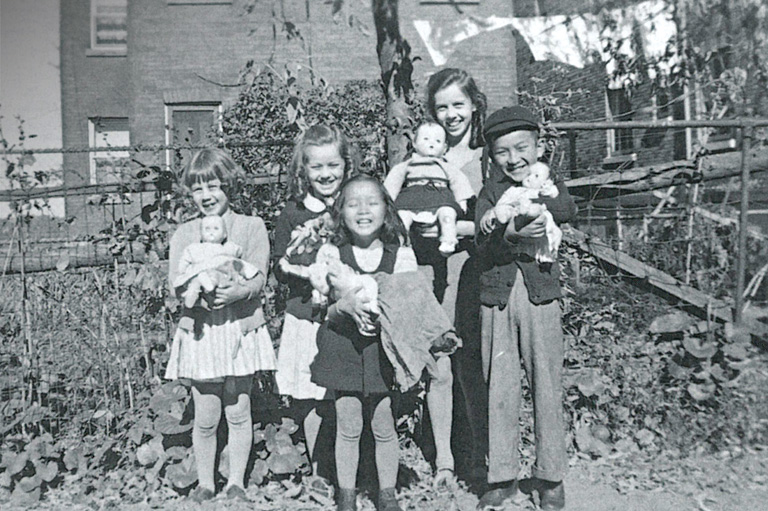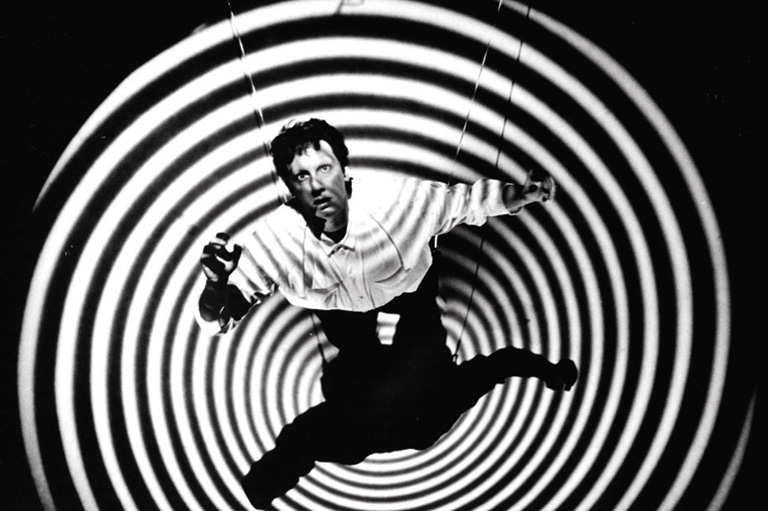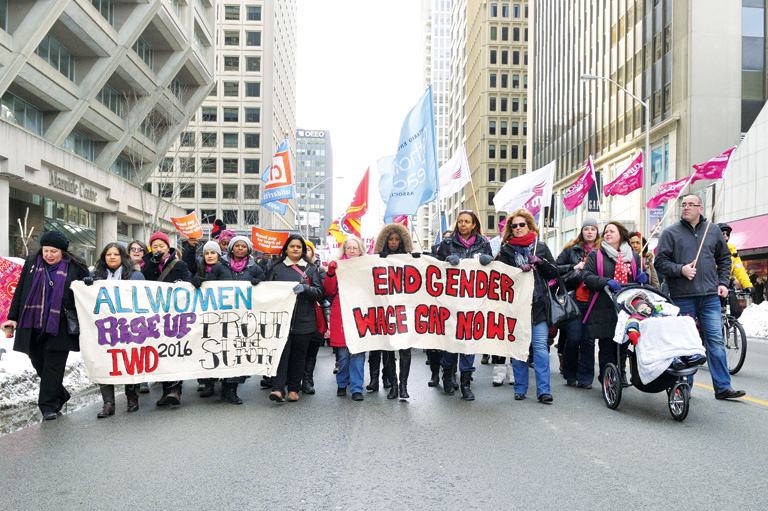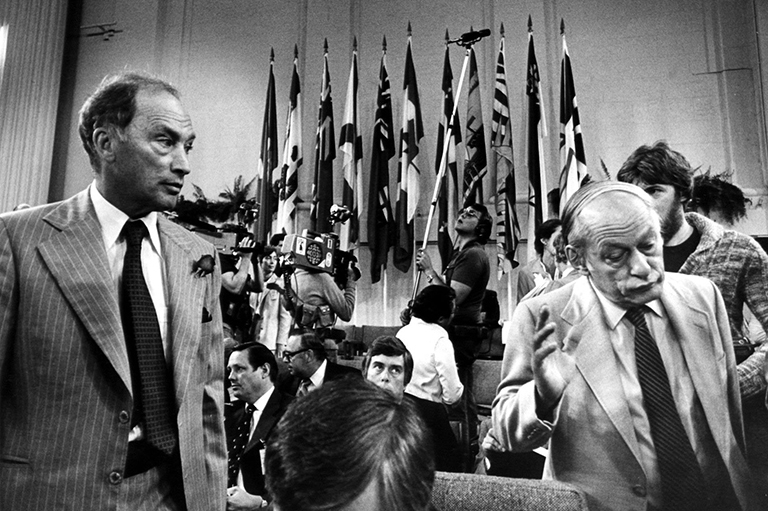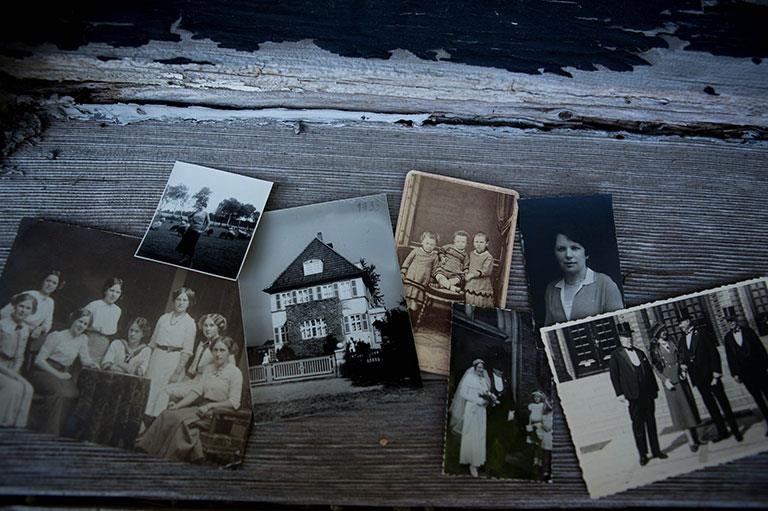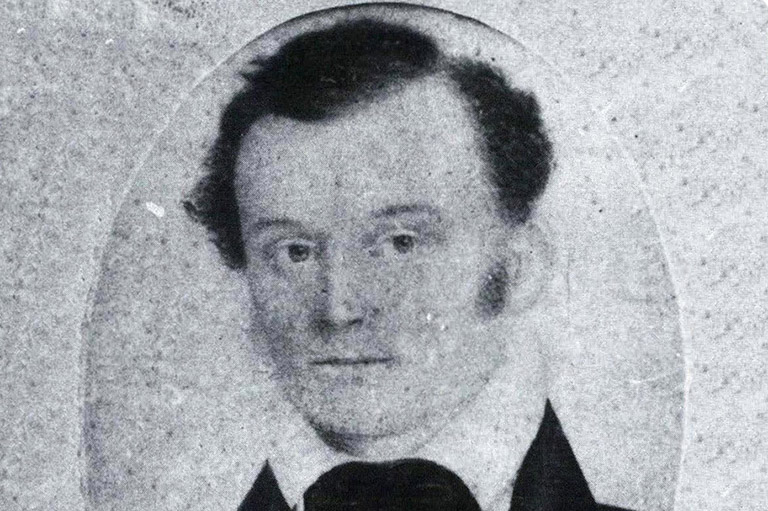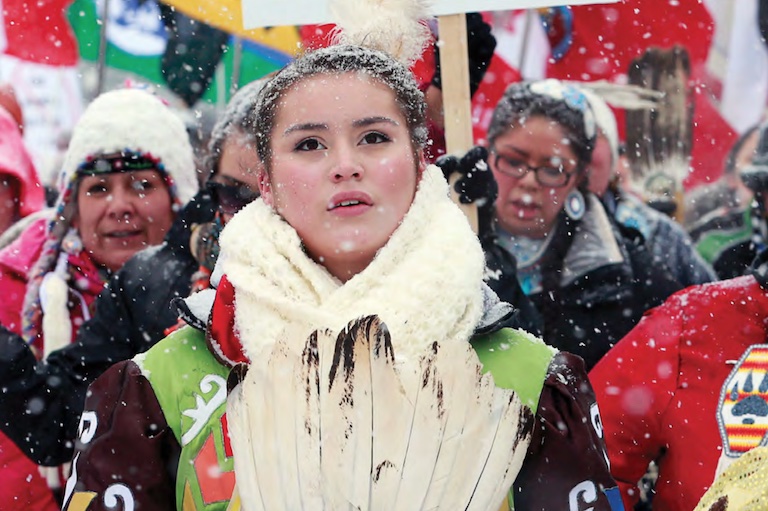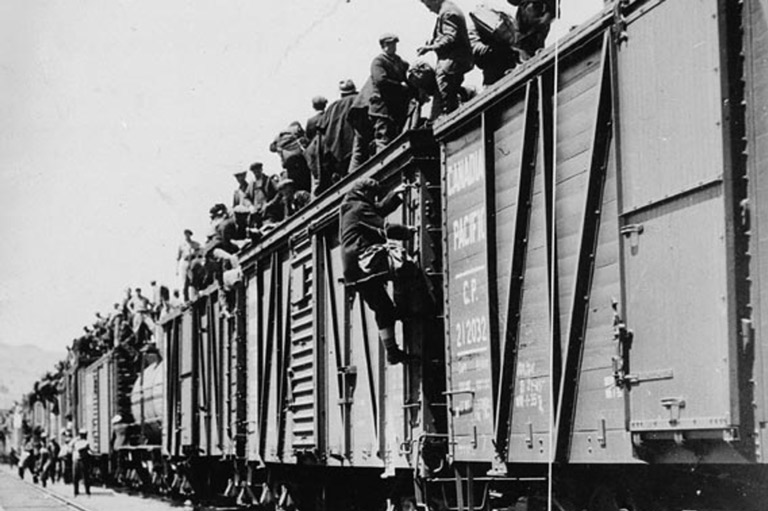Big Questions of Canada
The Canada of 2017 would be scarcely recognizable to Canadians of 1967 and completely unrecognizable to the citizens of the newly minted Confederation of 1867.
Its population has multiplied tenfold since the United Province of Canada merged with the colonies of Nova Scotia and New Brunswick, and its territory is many times larger. Society has been transformed to include what our forebears could not have imagined, such as multiculturalism, women’s rights, same-sex marriage, and Indigenous reconciliation.
We have come a long way. But the Confederation project remains a work in progress. As we prepare to mark the sesquicentennial of Confederation, our celebrations are tempered by the uncertainty we feel about the future. What kind of country will our children and our grandchildren inherit?
In the Big Questions of Canada, our guest essayists explore issues that loom large as we move into the future. We invite you to join the conversation. Because the answers to these questions will only be found by talking — and really listening — to each other.
Themes associated with this article
Advertisement

